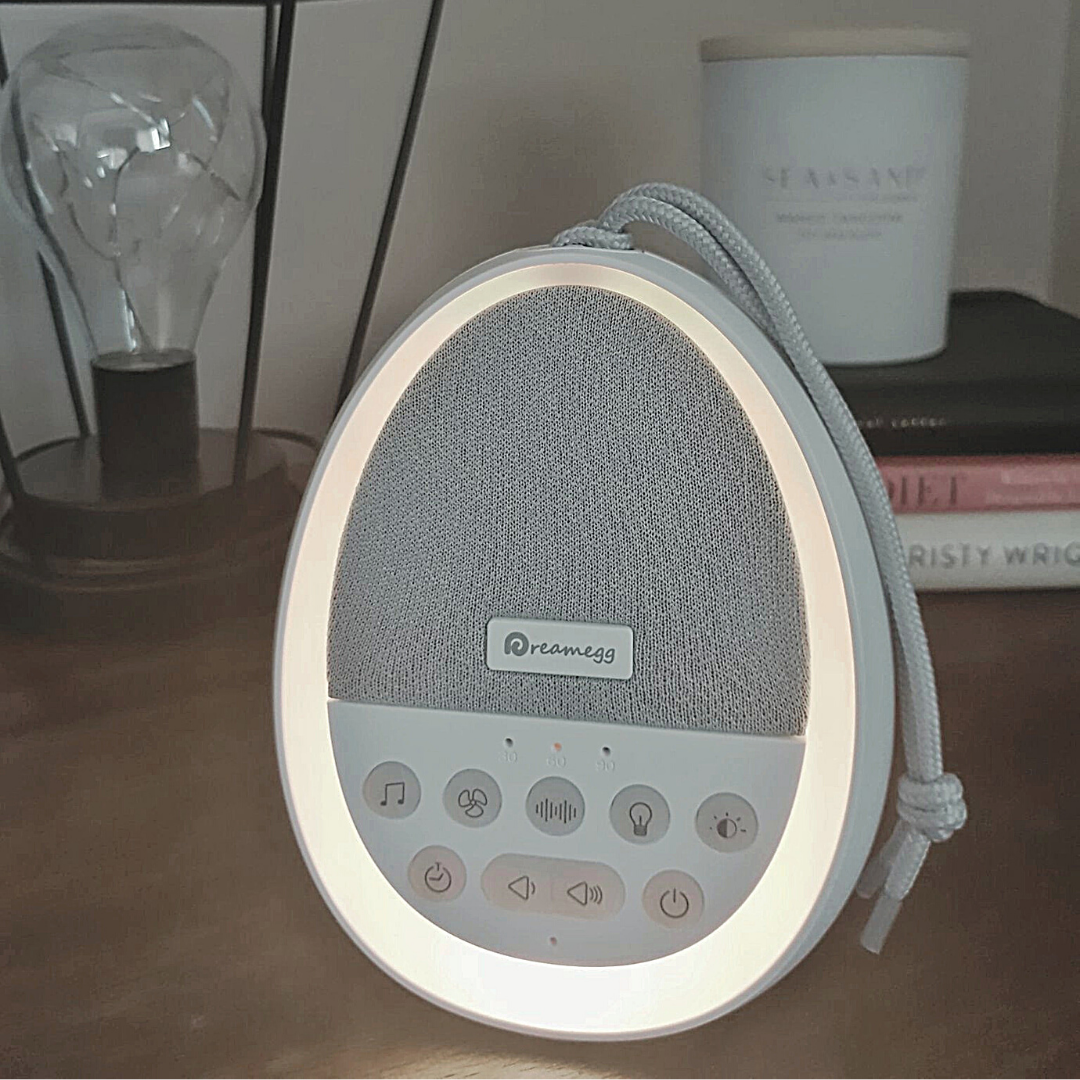|
|Social anxiety disorder is the third most common mental disorder, behind only depression and substance abuse. Lifetime prevalence rates are 12% for social anxiety disorder, meaning that 12% of the population will be diagnosed with this illness during their lifetime.
Please note: The information contained in this article is not professional health or mental health advice. If you are concerned about your health, please seek professional support from a doctor or hospital. This is a collaborative post.
However, many people live with social anxiety symptoms and never receive a diagnosis or any form of treatment. Despite being such a widespread mental health problem, social anxiety is poorly understood and remains a bit of a mystery to most people.
While most people experience social anxiety from time to time, such as when meeting new people or being put in a situation of being judged or evaluated, a diagnosis of social anxiety disorder requires the following to be true:
Whether you are living with undiagnosed social anxiety or have received help for this illness, there are many steps you can take on your own to manage your symptoms and live a more fulfilling life. I’ve outlined the top 10 things I think will make a difference for you below. Top 10 Strategies for Coping with Social Anxiety
Diagnosis
First things first. If you are living with moderate to severe social anxiety and have never received an assessment, diagnosis, or treatment, the best first step is to seek help from a professional. While there are many self-help options that you can try, these is no substitute for treatments that have been shown effective such as cognitive-behavioral therapy and medication. A mental health professional will be able to assess your symptoms and create a plan based on the outcome of that assessment. If this step seems too far out of your comfort zone, consider telling a trusted friend or relative how you are feeling and asking if they can make the phone call for you. Related: Defining & Understanding Anxiety Therapy Cognitive-behavioral therapy (CBT) and acceptance and commitment therapy (ACT) are two types of therapy for social anxiety disorder that you could expect to be offered from a mental health professional. CBT involves a set of techniques to challenge negative thought patterns and gradually face situations that cause you anxiety in a systematic way while replacing those negative thoughts with more realistic alternatives. On the other hand, ACT involves techniques such as identifying your core values and practicing mindful acceptance of anxiety symptoms. MENTAL HEALTH RESOURCE VAULTGreat!Check your email for instructions on how to access the Mental Health Resource Vault. :)
Medication
If you are living with severe social anxiety that significantly limits your daily life, a doctor or psychiatrist may prescribe medication to help manage your symptoms. An example of a medication that you might be prescribed is the class of drugs known as selective serotonin reuptake inhibitors (SSRIs). If you are prescribed medication, it is very important to follow the directions for use and to let your doctor or psychiatrist know about how you are doing with the medication. Healthy Habits Just as physical exercise and eating healthy food can help keep our bodies in optimal shape, these good habits can also be helpful for maintaining good mental health. Regular exercise such as a daily walk, foods that help manage anxiety such as fermented foods, foods with tryptophan, and dark chocolate, and supplements can all be helpful for improving your mood and reducing anxiety symptoms. My favorite anti-anxiety bedtime treat is a cup of chamomile tea. Related: How to Manage Your Gut Health Relaxation Practice Practicing relaxation when you are not in stressful social and performance situations will make it easier for you to trigger that relaxation response when you feel anxiety start to kick in. Some ideas to induce relaxation include the following:
Personally, I like to keep a bottle of lavender spray on my bedside table to spritz at night if I’m feeling anxious. Related: Homemade Lavender Oatmeal Goats Milk Soap
Challenging Negative Thoughts
Now that you’ve built a solid foundation for managing your social anxiety, it’s time to tackle the anxious thoughts that are making it worse. Borrowing from the techniques used in CBT, you can do things like keeping a thought diary (to identify the thoughts you have in situations that cause you anxiety), identifying negative automatic thoughts, finding more realistic alternative thoughts, and working to change your core beliefs. This technique takes regular practice so don’t expect overnight improvement. It’s only with time and repeated practice that it will become easier to recognize when your thinking has gone astray and how you can get it back on track. I use an app called Woebot to help me challenge my thoughts, but I also offer a free CBT workbook for social anxiety on my site that will help you with all the steps of CBT. Exposure Once you’ve got a good plan for tackling your anxious thoughts, you can begin to enter the situations that cause you anxiety in a systematic and controlled manner. One way to do this is to create a “fear hierarchy,” which is a list of situations that you fear or avoid, ranked from least anxiety-inducing to most-anxiety inducing. Your goal is to gradually work your way through that list while tackling your anxious thoughts at the same time. When I was working through a public speaking phobia, I created a fear hierarchy just like this that helped me gradually face each of the situations that caused me anxiety. Mindfulness Another way to manage your social anxiety is to practice what is known as mindfulness. The tradition of mindfulness has roots in Buddhism and involves learning how to observe rather than react. The goal of mindfulness is to train yourself to be aware of your surroundings in a nonjudgmental manner. This can be accomplished through activities like mindfulness meditation and yoga. I find mindfulness is one of the best ways to become aware of your anxious thoughts and slow them down before they spiral out of control.
Social Skills Training
Not everyone with social anxiety will have a social skills deficit. However, many people who have lived with social anxiety for the better part of their lives will have missed out on learning how to navigate common social situations. Social skills training can help you to read body language, understand what’s expected in social interactions, and learn how to put your best foot forward. Self-Compassion Finally, the last piece of overcoming social anxiety is to be compassionate toward yourself. This means accepting that you will always have some social anxiety. It means not berating yourself if you have a setback. It means knowing when to push yourself and when to take a step back. Being compassionate toward yourself will help you to manage social anxiety not just today—but going forward for the long term. If you’re looking for a magic cure for social anxiety—it unfortunately doesn’t exist. However, if you’re willing to seek help, maintain healthy habits, learn to relax, challenge your negative thoughts, practice going into feared situations, learn to be mindful, learn new social skills, and be compassionate with yourself, then you will be well on your way to living a full life despite social anxiety. About the Guest Author
The links in this article may be affiliate links that I will be compensated for at no additional cost to you. Want to start your own blog? Click here to learn how!
0 Comments
Your comment will be posted after it is approved.
Leave a Reply. |
Welcome to the blog!↓ That's me, Heather. :)
MENTAL HEALTH RESOURCE VAULTGreat!Check your email for instructions on how to access the Mental Health Resource Vault. Categories
All
Popular Posts// 25 Positive Mindset Quotes
// Self-Care Bullet Journal Spreads // 7 Ways Your Physical Health is Connected to Your Mental Health |
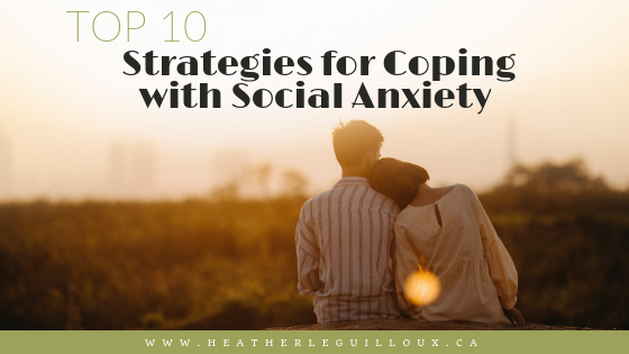
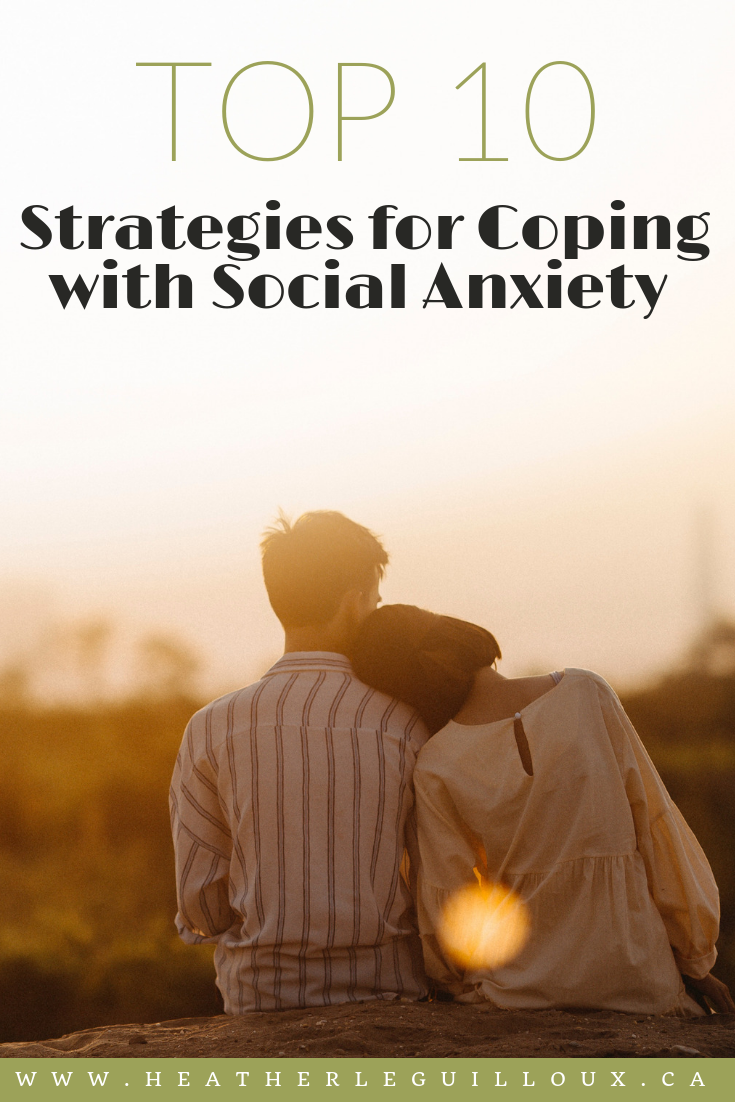

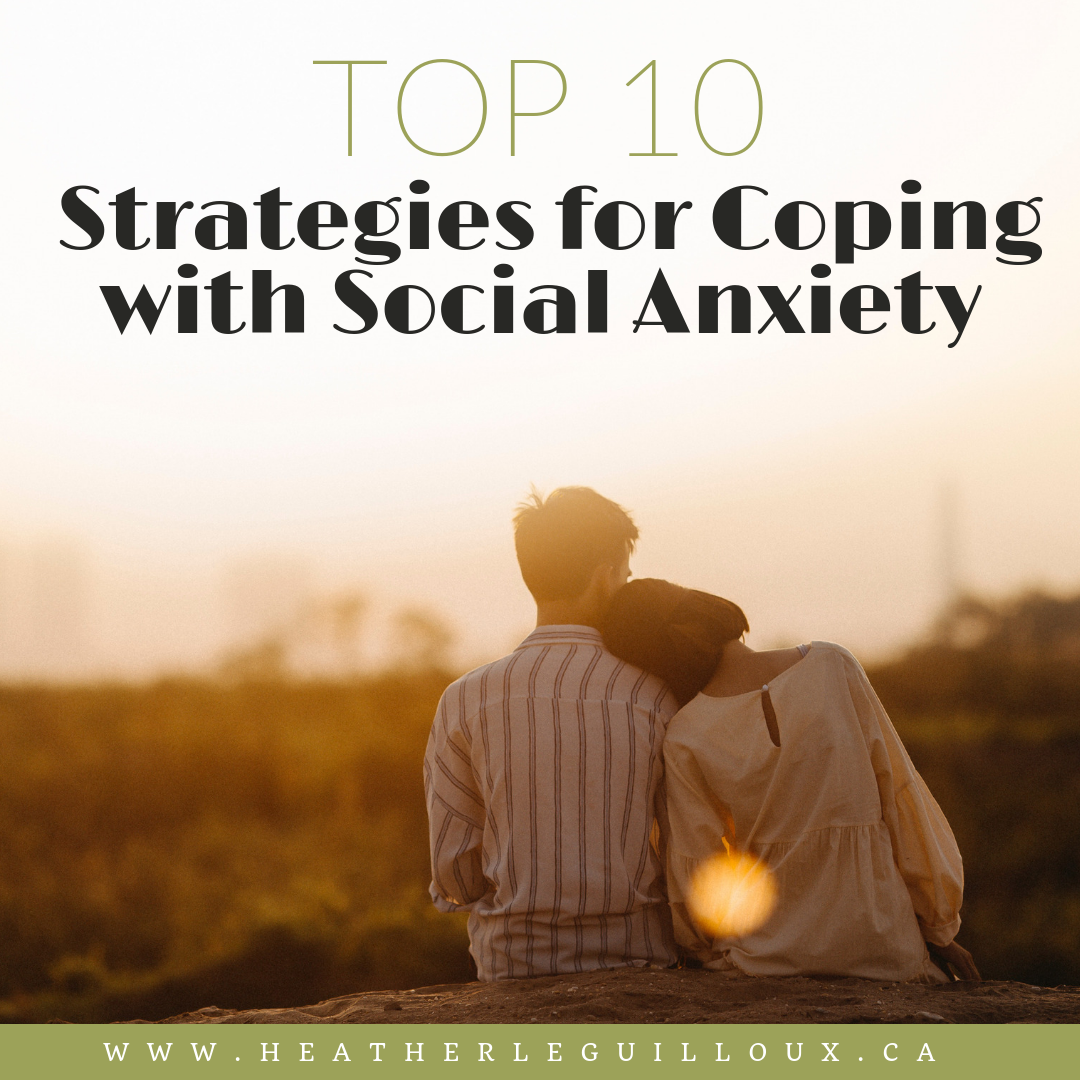


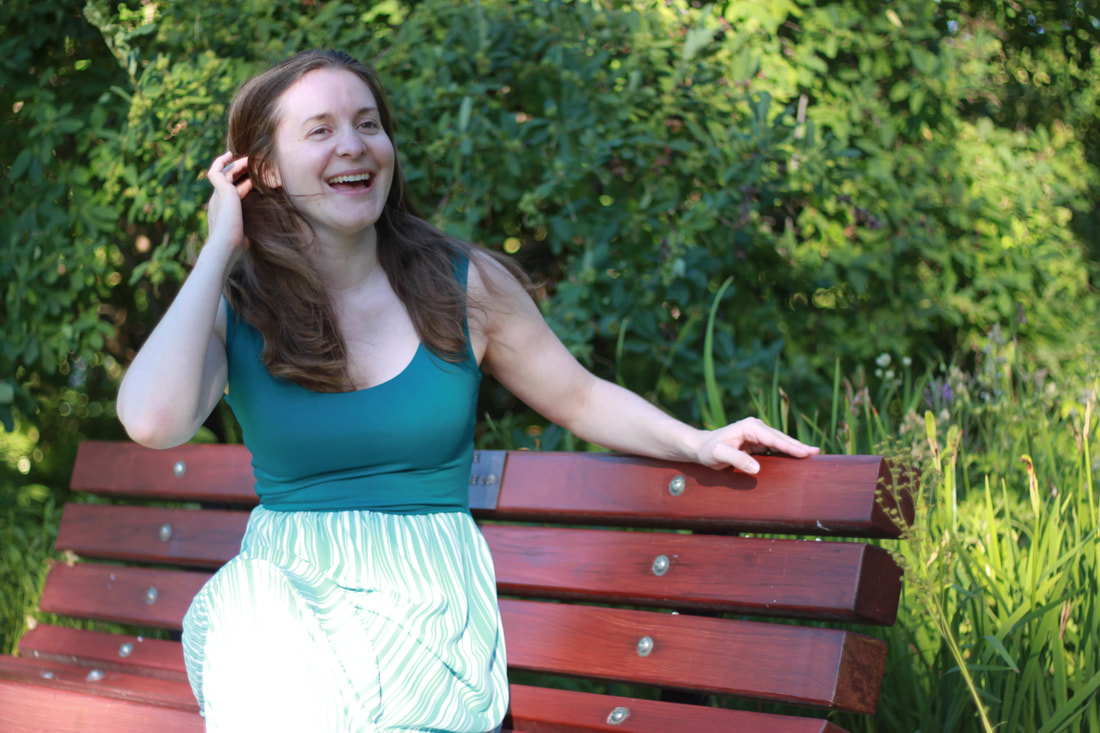
 RSS Feed
RSS Feed











